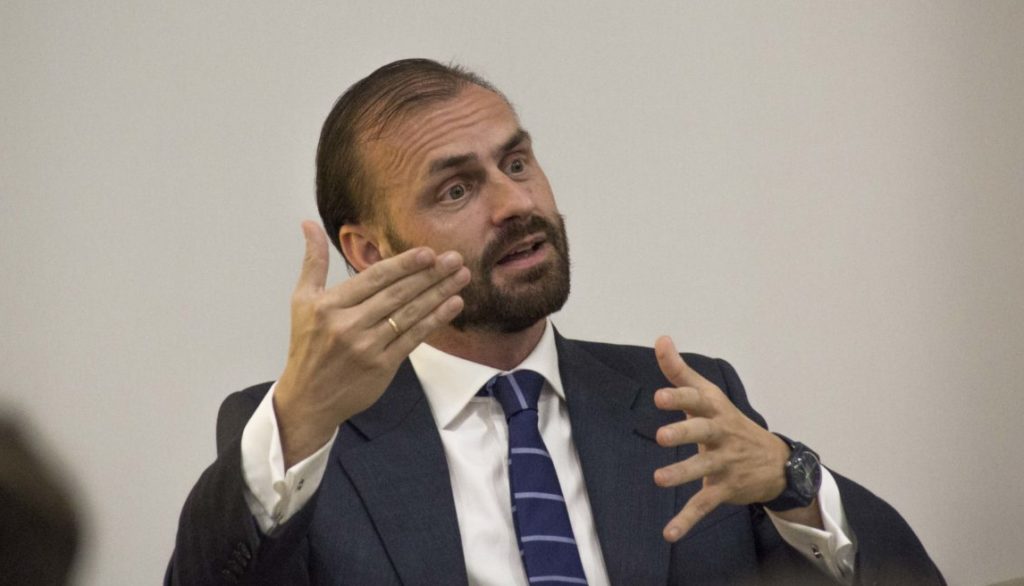"Reverend SOS" addresses issues related to practical life, especially for priests, but also for many other people. The well-known maxim "Mens sana in corpore sano", by the Latin Juvenal, gives an idea of the approach. In his articles, Dr. Chiclana deals with aspects related to mental health.
Why did you agree to participate in the Reverend SOS section?
Priests can be a source of mental health for many people. They are in contact with the street, close to the ground, and if they are personally well trained, they will do a lot of good. In my clinical experience, many patients have told me about the good that a good spiritual companion has done for them, so the better the better. to integrate natural psychological strategies in their task of accompanimentThe more they will help others and take better care of themselves.
What do you intend to communicate in your articles?
I try to provide some suggestions to better understand aspects where the psychological and the spiritual overlap, so that priests can better integrate the psychological in spiritual accompaniment and have a better knowledge of other areas in which they do not necessarily have a specific training, such as the violence against women.
What "program" or plan do you follow?
The articles arise from questions posed to me by priest friends, or from interventions in psychotherapy that require the integration of psychology and spirituality. For example, the one that deliberated on whether vocation could be a cause of depressionThe first one, who was attending to depressed people who wondered if the origin of their symptoms could be in their personal vocation. Or those who wondered whether a Christian can practice mindfulness is the result of questions from friends.
What content do you have planned for the near future?
Suggestions and requests are welcome. I have been asked for one on how to come out psychologically strengthened when you go through a spiritual desert, and I am considering whether to do a series on sexuality issues or on psychiatric symptoms related to spiritual expressions.
What is the relationship between psychiatry and spiritual life?
Like any illness, psychiatric pathologies affect the different dimensions of the person, including the spiritual life. But it is not obligatory that the spirit becomes ill when the nervous system becomes ill; although from the outside it may seem to us that they are totally identified, this is not so. They affect each other, but it is not decisive. Again, the freedom of the person, the previous itinerary that he/she has made, how he/she allows him/herself to be helped and guided in those difficult moments, will shape how the pathology affects the spiritual life, and vice versa. The same thing happens with other diseases.
What is the relationship between psychiatry and spiritual accompaniment?
I defend that they are two different spheres that can be integrated. The first seeks physical and mental health, and the second seeks identification with Jesus Christ. There are saints who have been admitted to asylums, such as St. Louis Martin, father of St. Thérèse de Liseux. I would like to write a series of articles entitled "Madmen of the Altar" [politically incorrect, but useful to draw attention to the stigma], so that it can be appreciated that mental illness is also a vocation to holiness, like cancer or a neurodegenerative disease.
It is the task of the spiritual companion to help those who are mentally ill to make of this situation an encounter with Christ and a means of apostolate. It is the task of the psychiatrist to help him to be as physically well as possible.
What is the main "benefit" for readers?
Have brief content to explain convoluted issues.
Leave now just one idea for the readers.
Say thank you and you will be happier.
For more information about Dr. Carlos Chiclana, please see: www.doctorcarloschiclana.com and to follow the "Reverend SOS" series, you can go to here.









